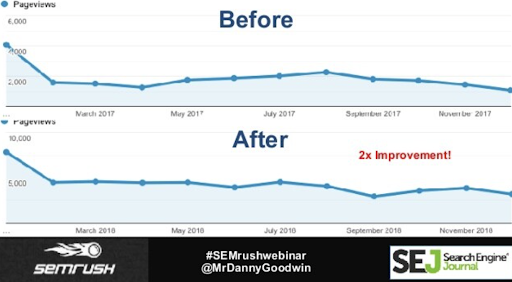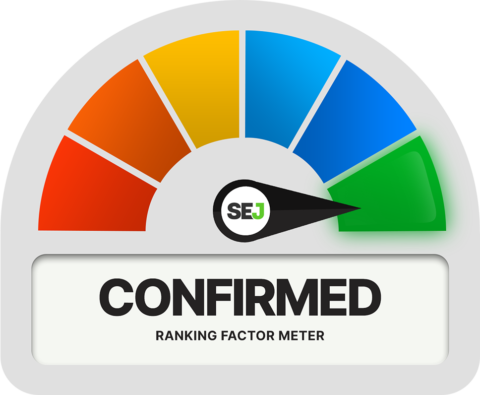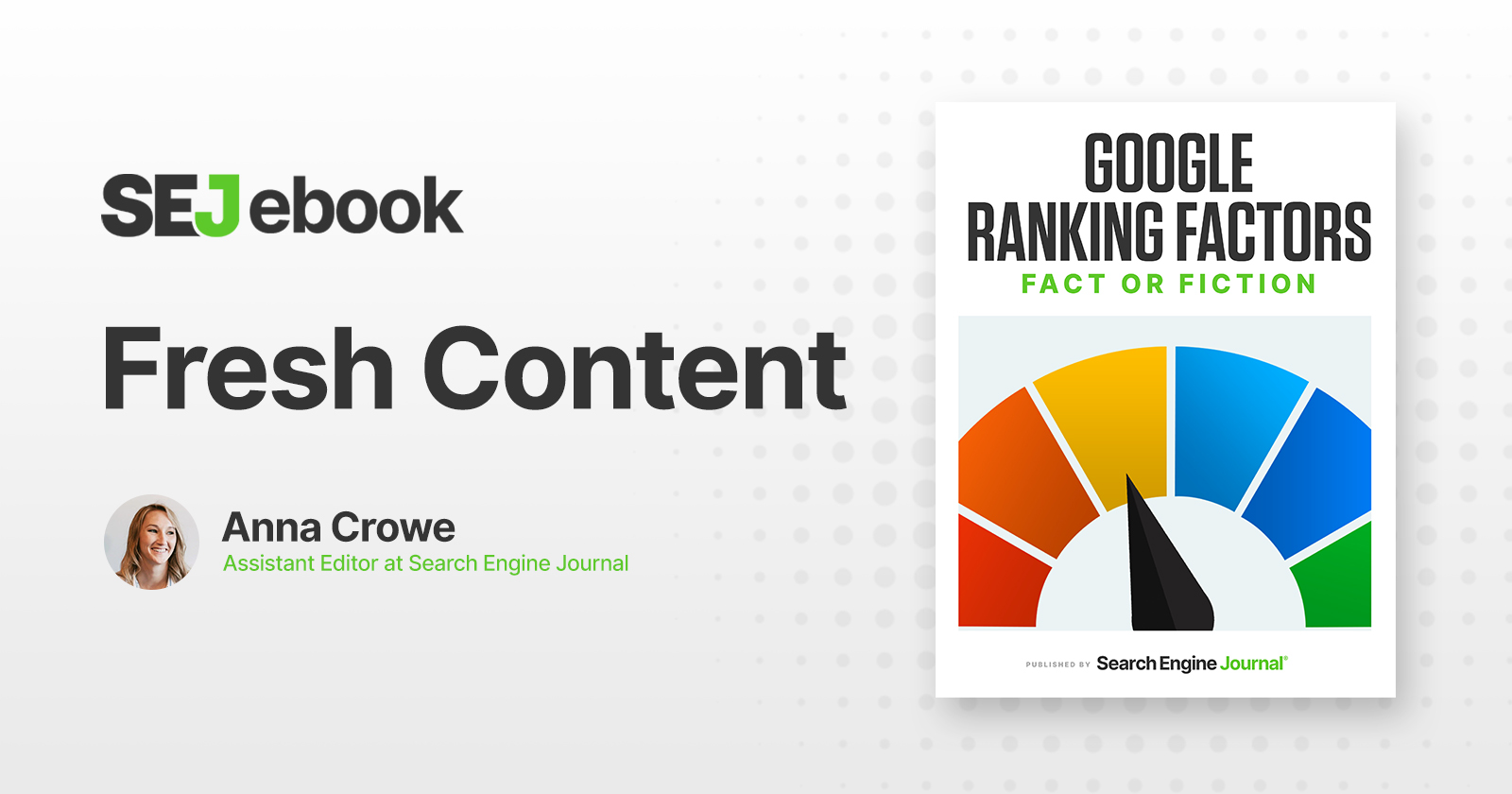Fresh content helps you rank better in Google’s organic search results.
That’s the claim – you’ve probably heard it quite a few times in SEO.
But is it true, false, or “it depends”?
Read on as we dive into the idea of content freshness as a ranking factor.
The Claim: Fresh Content As A Ranking Factor
New or fresh content on your website helps you rank better because… science?
First, let’s think about freshness. One dictionary definition defines it as “the state of being recently made or obtained or not having decayed.”
Well, then you have to think about how we’re defining “recently” here, as this will vary depending on the topic. Or the industry. Or the niche. Or some other factor.
Advertisement
Continue Reading Below
Think about it, how fresh is this article?
Are you reading it the day it was published? A week later? A year later?
Is it still “fresh”?
Other questions we could ponder and debate about freshness:
- Can only brand new content be considered fresh?
- Does freshness only impact trending topics (news/events)?
- Will updating existing (AKA, old) content make it “fresh?”
- Does user search behavior determine whether a query is “fresh” or “stale?”
Okay, okay, that’s a lot. Where are we going with all this?
The point is that there are a lot of misconceptions about what fresh content is and whether it impacts your rankings.
Advertisement
Continue Reading Below
Let’s look at the evidence.
Fresh Content as a Ranking Factor: The Evidence
Let’s start with the first and biggest question: Is fresh content a ranking factor?
On November 3, 2011, Google announced an improvement to its ranking algorithm. It said that the algorithm “better determines when to give you more up-to-date, relevant results for these varying degrees of freshness.”
However, the definition of what is classified as “freshness” varies when this topic is discussed in SEO.
Google uses Query Deserves Freshness (QDF) to decide when to serve users new information and when not to.
Google broke down fresh content into three categories in 2011:
- Recent events or hot topics.
- Regularly recurring events.
- Frequent updates.
In addition, Section 18 of Google’s Search Quality Rating Guidelines (Oct. 14, 2020 edition) breaks down the types of queries that demand “fresh” information. Those are:
- “Breaking news” queries.
- Recurring event queries (e.g., elections, sports events, TV shows, conferences, etc.)
- Current information queries.
- Product queries.
Some search queries need to be connected to fresh content, while others can be served with older content.
Advertisement
Continue Reading Below
For instance, Google’s patent related to freshness states:
“For some queries, older documents may be more favorable than newer ones. As a result, it may be beneficial to adjust the score of a document based on the difference (in age) from the average age of the result set.”
Can Updating Your Content Improve Rankings?
Yes!

Advertisement
Continue Reading Below
Our team at Search Engine Journal, led by Executive Editor Danny Goodwin, kick-started this project to update old content in 2017 and saw 2x the pageviews over a year.
How Much of Your Old Content Do You Need to Update to Influence Rankings?
The amount of content you change on an old webpage does play a role in rankings.
For example, simply updating an article title from 2021 to 2022 without making any other change to the content won’t impact your rankings.
Google may completely ignore those changes.
Google states:
“Also, a document having a relatively large amount of its content updated over time might be scored differently than a document having a relatively small amount of its content updated over time.”
Advertisement
Continue Reading Below
Botify conducted a study to compare content changes to crawl frequency. They found that larger content changes improved crawl frequency and the average keyword rankings of a piece of content.
Essentially, content with the most changes to the page had higher crawl frequency and more keyword rankings.
Freshness Content as a Ranking Signal: Our Rating

Advertisement
Continue Reading Below
Yes, freshness of content is a ranking factor.
While fresh content can help boost your rankings, it goes much deeper than updating old content or writing about news or events in a timely fashion.
Remember, there are multiple reasons your content may be considered fresh.
But even if freshness wasn’t a Google ranking factor, it’s always a best practice to keep your content up to date, relevant, and valuable for your audience/customers/clients.
Remember, too, that freshness alone won’t make your content rank. It’s just one element of your content that Google looks at.
Always focus on quality – because high-quality fresh content (in theory, anyway!) should always beat low-quality fresh content. This is true as long as Google is doing its job: providing the best, most up-to-date results possible.
Advertisement
Continue Reading Below
Featured Image: Paulo Bobita
